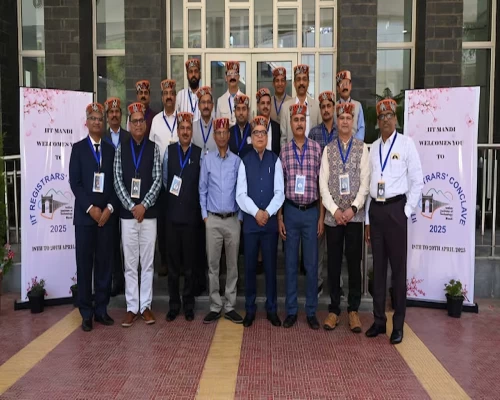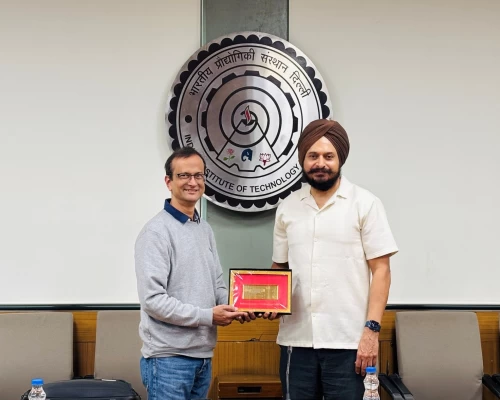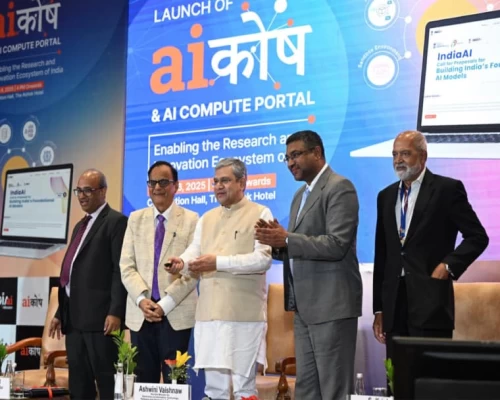
New Delhi: India has emerged as the tenth-largest recipient of private investment in artificial intelligence (AI), attracting $1.4 billion in 2023, according to the 2025 Technology and Innovation Report released by the United Nations Conference on Trade and Development (UNCTAD).
The report highlights that India and China are the only developing nations with significant private investments in AI. China secured the second position globally with $7.8 billion in investments, while the United States led the world with a commanding $67 billion, accounting for nearly 70% of global private investment in AI.
India has also climbed the ranks in the 'Readiness for Frontier Technologies' index, moving up to 36th place in 2024 from 48th in 2022. The index measures a country's preparedness across areas such as ICT deployment, skills, research and development (R&D), industrial capacity, and access to finance. Specifically, India ranks 99th for ICT, 113th for skills, third for R&D, tenth for industrial capacity, and 70th for access to finance.
The report acknowledges India’s growing strength in AI research and scientific output, positioning it alongside countries such as China, Germany, the United Kingdom, and the United States. Despite challenges, India boasts a substantial talent pool, with around 13 million developers, making it one of the leading contributors to AI and GenAI projects on platforms like GitHub.
The UNCTAD report credits India’s progress in part to government initiatives that have fostered collaboration between the private sector and academic institutions. It cites centres of excellence such as IIT Hyderabad, IIT Kharagpur, the Kotak-IISc AI-ML Centre, and the NASSCOM Centre of Excellence in Data Science and AI as pivotal in building India’s AI ecosystem.
While the global AI market is projected to reach $4.8 trillion by 2033, the report warns that access to AI infrastructure and expertise remains highly concentrated, with just 100 firms—mostly in the US and China—accounting for 40% of global corporate R&D spending. The diffusion of AI technologies could impact up to 40% of jobs worldwide, underscoring the need for investments in reskilling and upskilling to mitigate risks of automation-induced job displacement.
The report emphasises that although AI can widen inequality by favouring capital over labour, it also presents opportunities for new industries and empowered workforces. Countries like India, Brazil, and the Philippines are recognised as outperformers in technology readiness, demonstrating that proactive policy and investment can help developing economies harness AI for inclusive growth.
Furthermore, India’s strong position in cloud infrastructure services and its growing community of developers bolster its prospects as a major player in the AI landscape. The report concludes by stating that countries like India, with their large populations and active developer communities, are well-placed to contribute significantly to global advancements in AI and frontier technologies.
BI Bureau












